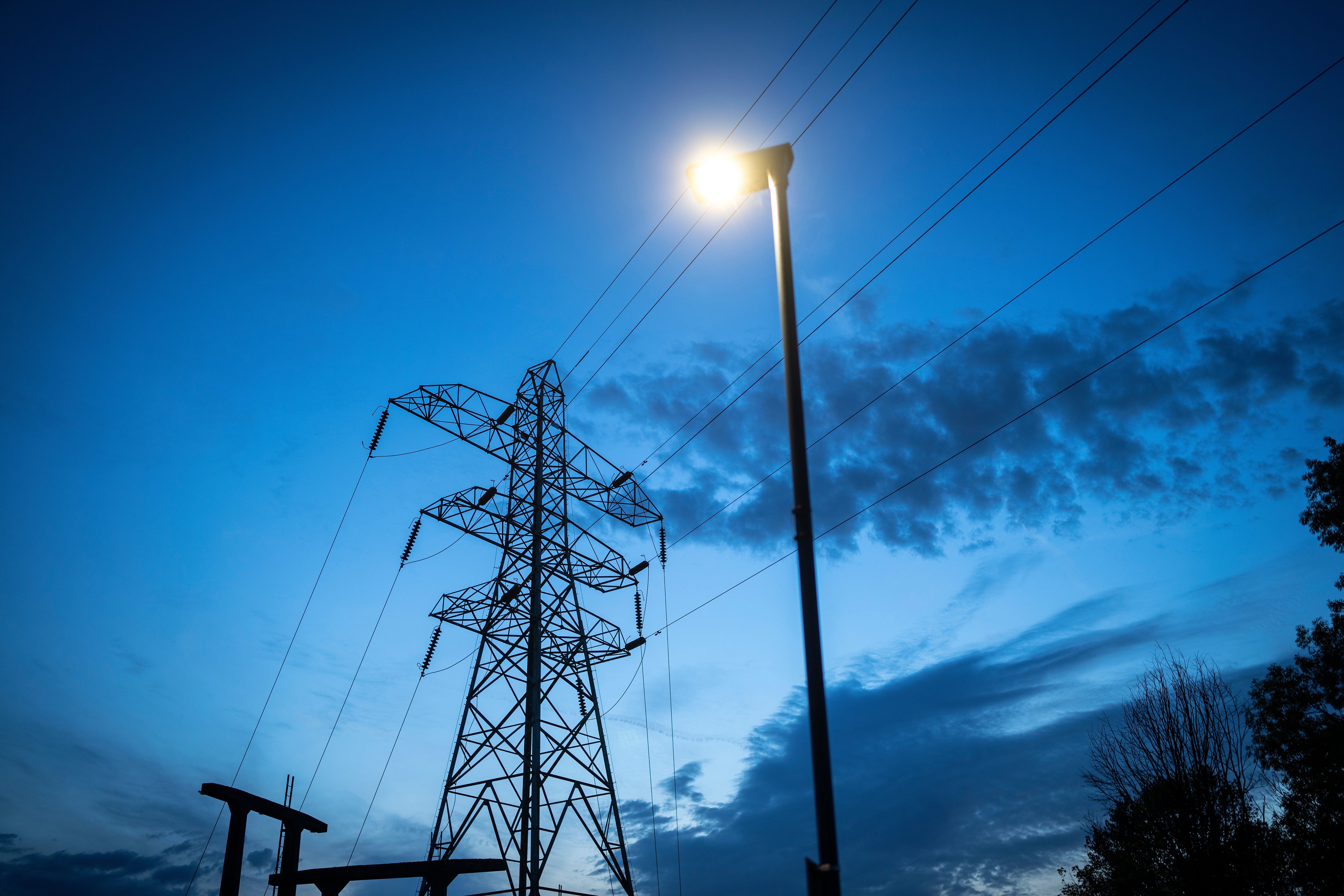National Grid delays triggering emergency plan to prevent blackouts
It would have been the first live run of the new Demand Flexibility Service, that sees households paid for cutting use

National Grid has decided against introducing emergency measures to avoid blackouts this Tuesday.
It had been considering using the new initiative to ease pressure on the system from tomorrow evening, when energy supply was forecast to be tight and French nuclear power plants would not be able to help with demand.
The Demand Flexibility Service aims to reduce energy use during times of high demand by paying households and businesses to shift use to off-peak times instead.
It was launched earlier this month to reduce the risk of the first blackouts in decades amid concerns over energy supplies due to the war in Ukraine.
However, so far it has only been used in trials.
National Grid Electricity System Operator (ESO) had said earlier on Monday that it was considering the move but by the afternoon had ruled it out, for now.
Forecasts projected a large drop in the amount of power the UK will be able to import from France.
The European country has been facing months of problems with its nuclear power plants, which generate around three-quarters of the country’s electricity.
More than half of the nuclear reactors run by state energy company EDF have closed due to maintenance problems and technical issues.

It has added to a massive energy crisis in Europe as the country faces a winter without its old gas supplier Russia.
Earlier, the National Grid cancelled a warning that supply margins are slimmer than wanted on Monday evening.
The so-called Capacity Market Notice was cancelled at 2.04pm after having been issued around half an hour earlier.
These warnings happen a number of times a year and are normally cancelled within a couple of hours.
On Monday the government announced a £1 billion scheme to make middle-income homes more energy efficient, and a public information campaign advising people how to cut power usage.
Energy Secretary Grant Shapps confirmed the new Eco+ scheme to extend support for insulating homes as he tries to get households to reduce energy consumption.
Labour criticised it as a “reheated announcement with no new resources” that comes “far too little too late”.
Hundreds of thousands of households could receive loft and cavity wall insulation under the scheme running for three years from spring.
It is predominantly being targeted at households that do not currently get support to upgrade homes, though a fifth of the funding will be targeted at the most vulnerable.
Some £18 million will also be spent on a public information campaign giving advice about turning down boiler temperatures and radiators to save energy.
Reducing boiler flow temperatures from 75C to 60C and turning down radiators in empty rooms could save a typical household £160 per year, according to the guidance to be published on the help for households website.
A previous attempt to introduce a public information campaign on energy-saving measures was blocked under Liz Truss’s administration over concerns they were too “nanny state”.
The Government has set an ambition of reducing energy use by 15% by 2030.






Join our commenting forum
Join thought-provoking conversations, follow other Independent readers and see their replies
Comments